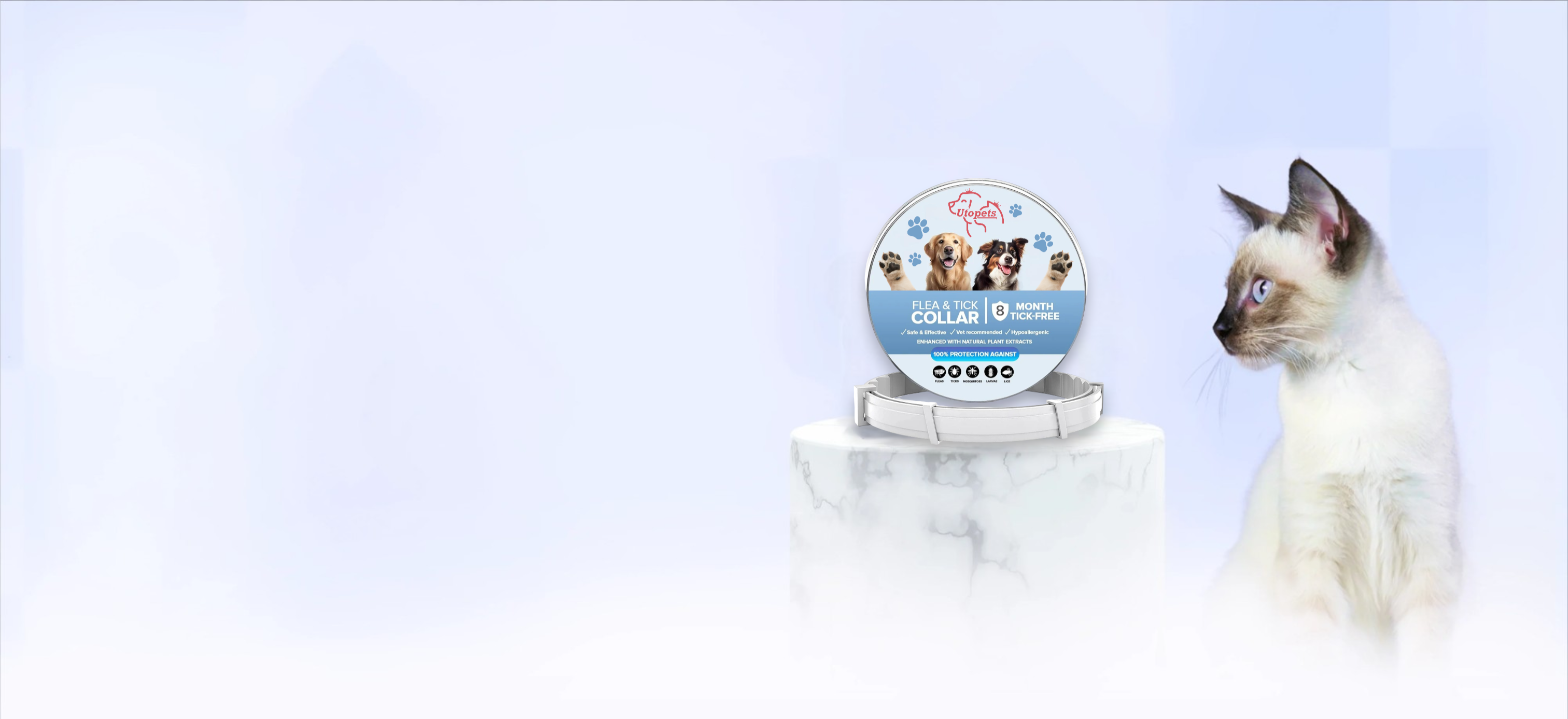
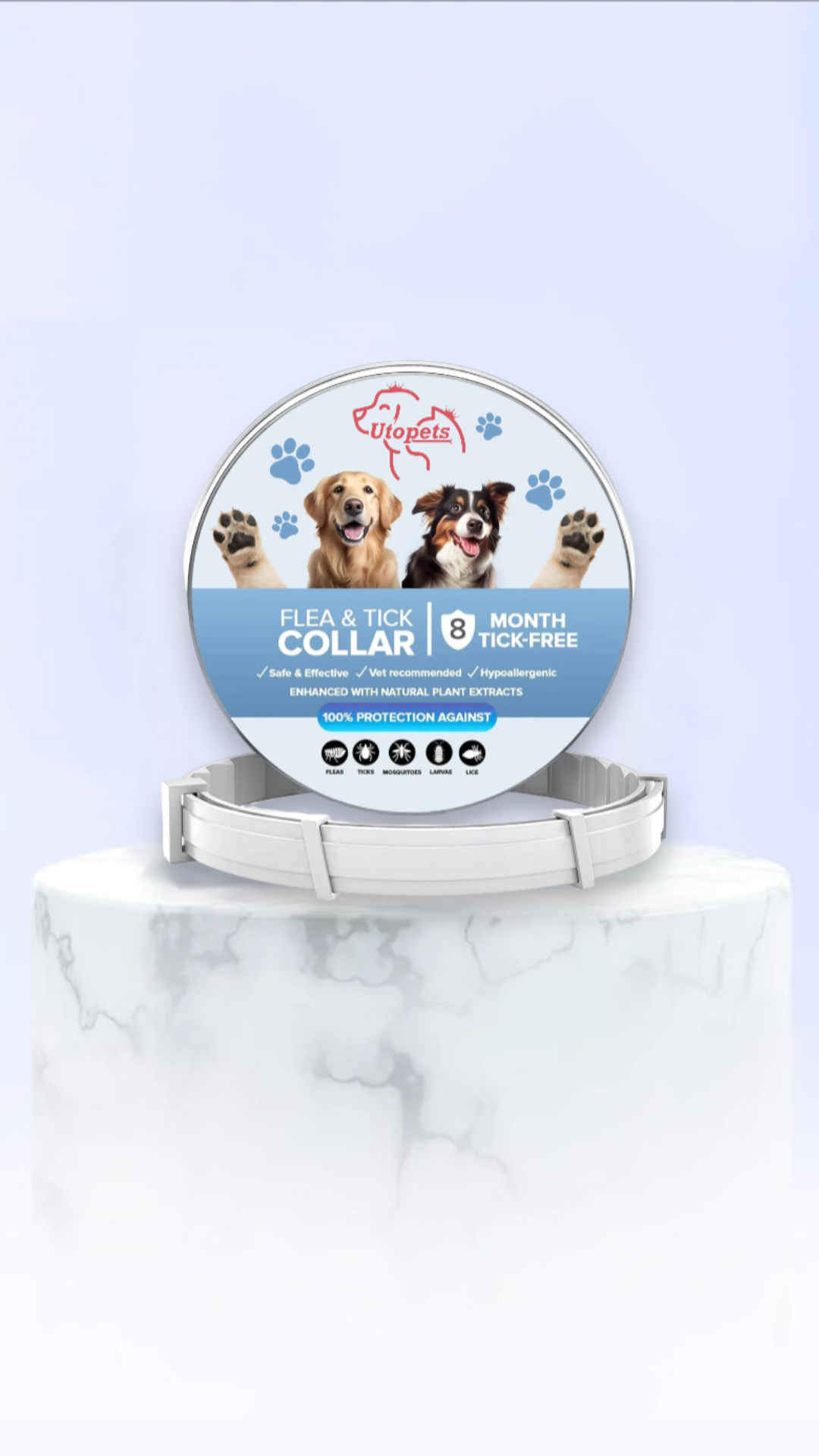
50K+ Pet Parents Served!
Excellent 4.9
Give Your Pet The Peace Of Mind They Deserve!
Safe & Drug-Free Relief
Vet Recommended Solution
24/7 Tick & Flea Relief
YOUR PET COULD BE DYING, AND YOU DONT EVEN KNOW IT.
43% of Dogs and Cats contract Tick and Flea related illnesses every year
Multi-pet homes, rescues, going outside or even leaving windows and doors open are the biggest triggers, leading to fights, scratching, biting, restlessness, agitation and litter box accidents. Once ticks & fleas take hold, it’s hard to undo.
If your pet is peeing outside the litter box, scratching furniture, biting themselves, licking themselves excessively, becoming aggressive or getting into territorial fights, it could be mostly experiencing severe stress from parasites.
This issue needs to be addressed before it worsens over time.
The Bottom Line: Act Now, Before It’s Too Late


You’ve Probably Tried These Solutions… But They Don’t Work
If applied incorrectly, such as not parting the fur fully or not applying the correct dose based on the pet's weight, these treatments can fail to work. Additionally, if pets are bathed or exposed to rain soon after application, the treatment can wash off before it has time to absorb. They also dont last nearly as long as our method.
Just like antibiotics, fleas and ticks can develop resistance to chemical treatments over time. This happens when the parasites that survive treatment pass on their resistant traits to future generations, reducing the effectiveness of the spot-on treatments and collars.This is especially common with overuse of the same active ingredients, as some chemicals can no longer kill fleas and ticks that have developed resistance.
Despite popular belief, there's no scientific evidence that garlic—whether fresh, powdered, or in supplement form—can repel fleas and ticks. Moreover, garlic can be toxic to pets, potentially leading to life-threatening anemia.
Homemade citrus sprays are believed to deter fleas and ticks, but their effectiveness is unproven, and they may cause skin irritation in pets. Never go homemade. Stick to us, we know what we are doing!
Applying vinegar or adding it to a pet's drinking water is thought by some to deter fleas and ticks. However, this method lacks scientific support and may lead to skin irritation or digestive issues.
Some pet owners use lemon juice or lemon baths to repel fleas. While the citrus scent may temporarily repel fleas, it doesn't effectively kill or prevent them. Additionally, it can irritate the skin of pets, especially if used in high concentrations.
Baking soda is sometimes sprinkled on pets or their bedding to eliminate fleas. While it may dehydrate fleas temporarily, it doesn't kill them, and it can cause skin irritation in pets. It also doesn't address ticks effectively.
If applied incorrectly, such as not parting the fur fully or not applying the correct dose based on the pet's weight, these treatments can fail to work. Additionally, if pets are bathed or exposed to rain soon after application, the treatment can wash off before it has time to absorb. They also dont last nearly as long as our method.
Just like antibiotics, fleas and ticks can develop resistance to chemical treatments over time. This happens when the parasites that survive treatment pass on their resistant traits to future generations, reducing the effectiveness of the spot-on treatments and collars.This is especially common with overuse of the same active ingredients, as some chemicals can no longer kill fleas and ticks that have developed resistance.
Despite popular belief, there's no scientific evidence that garlic—whether fresh, powdered, or in supplement form—can repel fleas and ticks. Moreover, garlic can be toxic to pets, potentially leading to life-threatening anemia.
Homemade citrus sprays are believed to deter fleas and ticks, but their effectiveness is unproven, and they may cause skin irritation in pets. Never go homemade. Stick to us, we know what we are doing!
Applying vinegar or adding it to a pet's drinking water is thought by some to deter fleas and ticks. However, this method lacks scientific support and may lead to skin irritation or digestive issues.
Some pet owners use lemon juice or lemon baths to repel fleas. While the citrus scent may temporarily repel fleas, it doesn't effectively kill or prevent them. Additionally, it can irritate the skin of pets, especially if used in high concentrations.
Baking soda is sometimes sprinkled on pets or their bedding to eliminate fleas. While it may dehydrate fleas temporarily, it doesn't kill them, and it can cause skin irritation in pets. It also doesn't address ticks effectively.
How to Use
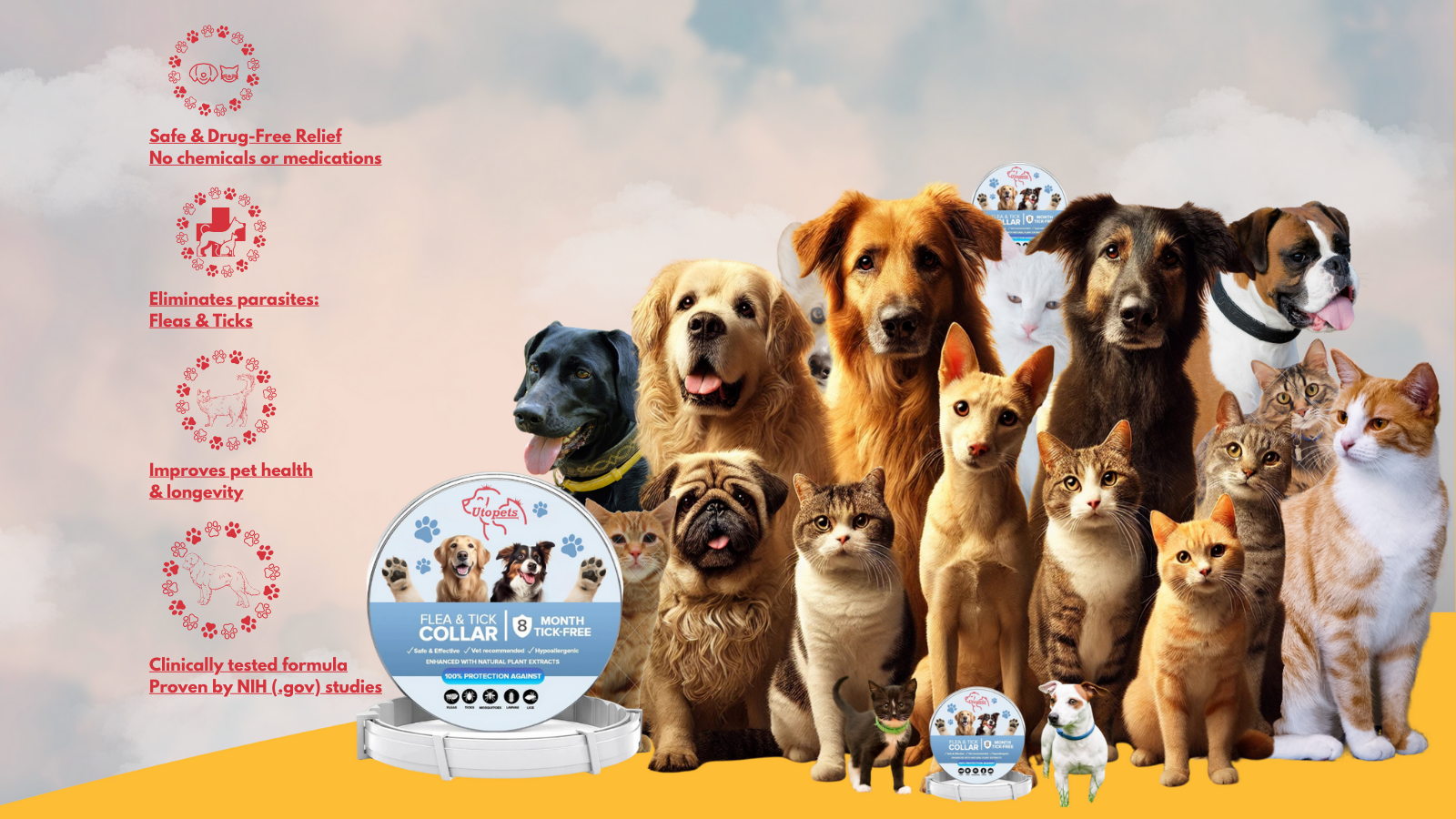
50K+ Happy Customers
Excellent 4.9
Vets Recommend UtoPets for parasite detox
Just put it on, and the problem is gone
WHAT MAKES UTOPETS
Far Superior to Others
Reviewed By Customers like You
A Team Of Pet Lovers and Experts
Creating Safe and Happy Homes
A portion of profits are donated to animal charities
UtoPets
Other Brands
Expert Made:
Formulated and trusted by Veterinarians.
Not trusted by Veterinarians.
8 Months Protection:
Sleep well knowing you Pet is safe for up to 243 Days.
Doesn't last as long as they claim.
No-Risk, All Reward:
Rest easy with our 30-day money-back guarantee.
No Money-Back Gaurantee or Warranty
Eco-Friendly:
No odors, no irritants, just natural ingredients.
Causes Migraines, Sore Tummys, Sickness and Scratching.
3rd Party Tested
Tried, Tested, Trusted. We know this works.
Not tested by outside labs. Be careful.
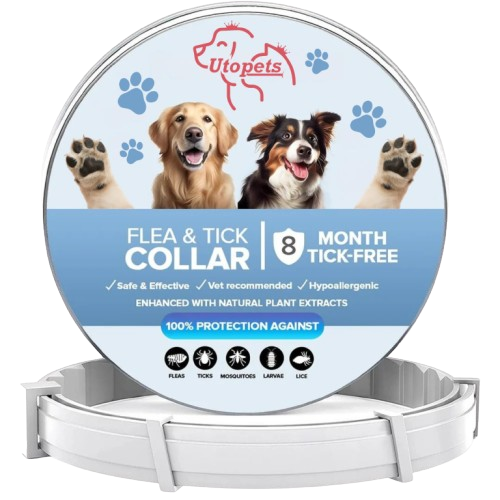




11 Apr - 13 Apr estimated delivery
Order placed
03 Apr
Dispatched
05 Apr - 10 Apr
Delivered
11 Apr - 13 Apr
RESULTS OR MONEY BACK GUARANTEE
Try the Utop-TickStop for 30 days. If it doesn’t ease or get rid of the parasites, return it for a full refund—no questions asked

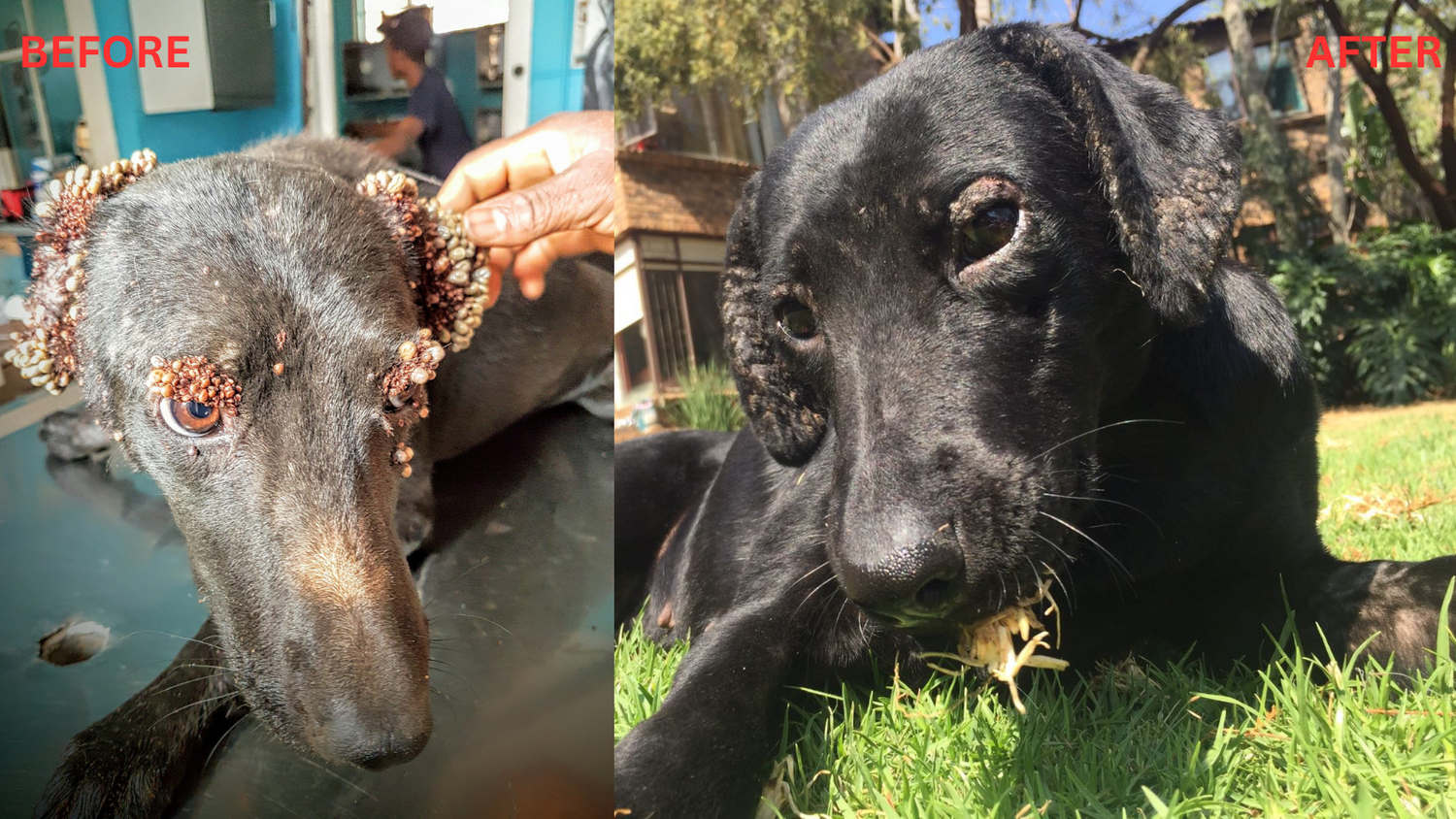
Covered by a 30-day money-back and a 100-day warranty guarantee.
Order today with Free-Shipping.
A portion of our profits is donated to an Animal Welfare each year
Formulated by Pet Scientists and Veterinarians.















